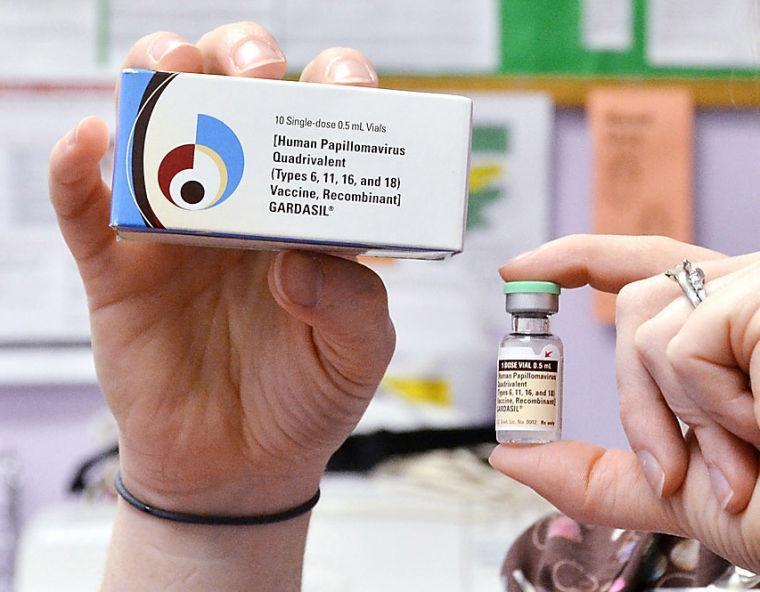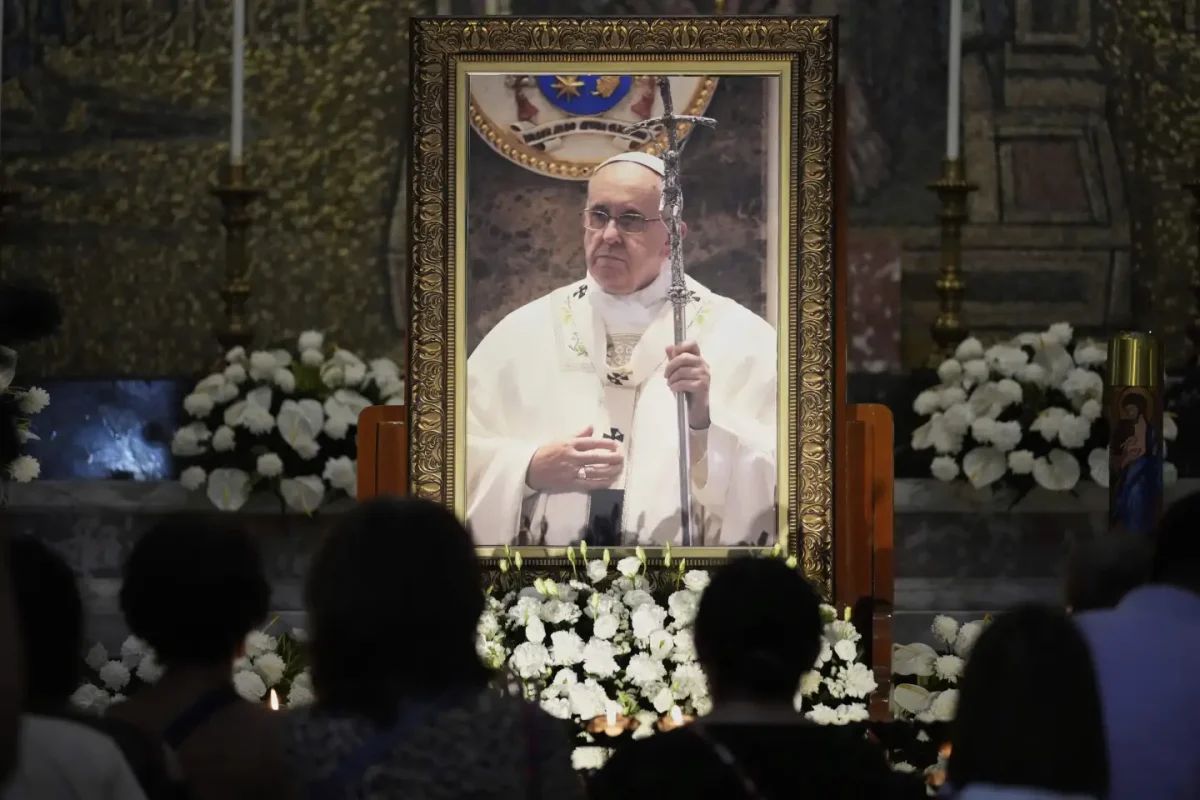A new study may be a key player in reducing sexually transmitted diseases and infections, but religious institutions may intervene.
The Center for Disease Control published a press release June 19 stating that a new study shows a significant decrease in human papilomavirus infections in those covered by the vaccine Gardasil. The Journal of Infectious Diseases revealed vaccine-type HPV prevalence decreased 56 percent among female teenagers 14 to 19 years of age since the vaccine was introduced in 2006.
Only 22 states have mandated the vaccine, amid arguments that requiring an STI vaccine for children will cause promiscuity and encourage premarital sex.
HPV is the most common sexually transmitted infection with more than 40 strains. The CDC, American Academy of Pediatrics and the American Cancer Society recommend the vaccine to all men and women between the ages of 9 and 26. It is important to vaccinate both females and males before they have their first sexual encounters and risk becoming infected with HPV.
During the 2012 presidential debates, Rep. Michele Bachmann became a well-known voice against the vaccine.
“I’m a mom. And I’m a mom of three children,” Bachmann said. “And to have innocent little 12-year-old girls be forced to have a government injection through an executive order is just flat out wrong.”
But really, is the HPV vaccine any more of a government injection than a tetanus shot or the hepatitis B shot, which also help fight an STI?
The HPV vaccine protects against two types of HPV that are behind 75 percent of cervical cancer cases and two more types that cause about 90 percent of genital warts cases in both men and women. It is also linked to vaginal, vulvar, penile, anal and oropharyngeal cancers. Nearly 100 percent of cervical cancer is caused by a HPV infection.
So, the question at hand is, are we willing to put generations at risk for the sake of misguided morals?
Despite a recent study by the Kaiser Permanente Health Plan in Atlanta that found no link between receiving the vaccine and an increased sexual behavior among teens, the answer is apparently yes.
According to the Catholic Medical Association, non- vaccinated students would not pose a substantial risk to others if they allowed to attend school. Therefore, the Church finds no need to require the vaccination in schools and believes the state has no right to mandate it. The Church states that it is up to parental discretion whether or not to vaccinate a child. In addition, the Church has expressed its concern that the vaccine might encourage sexual promiscuity.
However, according to the CDC, “anyone who is having [or has ever had] sex can get HPV. HPV is so common that nearly all sexually active men and women get it at some point in their lives. This is true even for people who only have sex with one person in their lifetime.”
HPV is passed on through genital contact, most often during vaginal and anal sex, but HPV can also be passed on during oral sex. HPV does not discriminate between straight and same-sex partners. More often than not, the infected person has no signs or symptoms.
It is irresponsible for parents and lawmakers to put a child’s health at risk for fear of promoting premarital sex. The vaccine should be mandated to all children in the sixth grade across the United States.
Not mandating the vaccine makes it difficult for parents who do want to protect their children to access to it and pay for it. Without insurance or help from the state, Gardasil is about $130 per dose. If the state did cover the cost, it could off put about $4 billion in direct medical expenses and keep people healthier, according to the Georgetown University Medical Center.
“We need to remove the politics and remove the concept of promiscuity out of the equation, and focus on a simple message: This is a vaccine that prevents cancer,” said Dr. Donald Lewis, chairman of pediatrics at Eastern Virginia Medical School.
Elizabeth Garcia is a 21-year-old mass communication junior from Greensboro, N.C.






